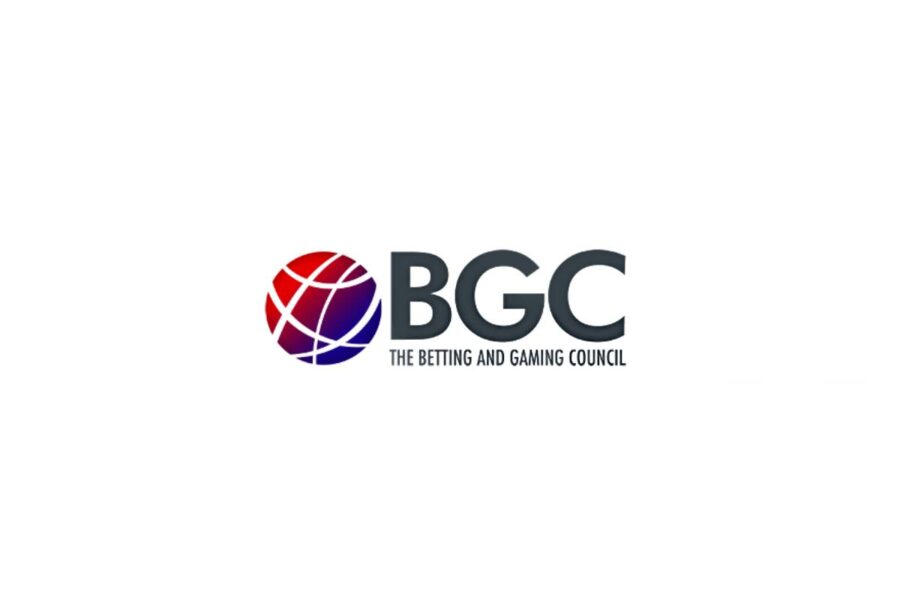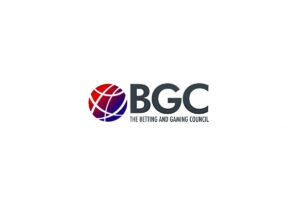BGC-commissioned report cites affordability checks as threat to British gambling sector

The report by Ernst & Young found that tougher checks have already hit revenue.
UK.- Industry association the Betting and Gaming Council has warned that a study it commissioned shows that mandatory affordability checks would pose a threat to the regulated gambling industry. Conducted by Ernst & Young, the report suggests that revenue is already being affected by tougher checks.
The BGC says the report backs up recent polling which showed nearly 70 per cent of people who place a bet said they would be unwilling to allow regulated firms to carry out compulsory affordability checks to prove they can afford to wager.
According to the report, despite the external pressures facing businesses, BGC members’ gross value added contribution to the UK economy was £7.1bn and the contribution to the treasury from regulated betting and gaming remained £4.2bn annually.
Overall gross gambling yield – total revenues after winnings have been paid but before costs are deducted – was slightly up on 2019 despite massive global volatility.
The study noted: “Online GGY has declined since mid-2021, probably reflecting the re-opening of physical venues, the introduction of affordability checks online, and the decline in real household incomes.”
The decline in the online regulated betting and gaming sector as a result of factors including the impact of affordability checks could push customers to the black market, the study warned. It said these pressures, “could in turn lead to leakage to the black market, i.e., operators offering remote (mainly desktop and mobile) gambling products that do not hold a UK Gambling Commission license for remote gambling.”
European countries applying tough sanctions on betting, including restrictions on stakes, blanket affordability checks and curbs on advertising, have witnessed an increase in black market betting, the report states. It says that Norway’s black market accounts for over 66 per cent of all money staked, while in France the figure is 57 per cent and in Italy 23 per cent of money bet is on illicit sites.
BGC CEO Michael Dugher said: “The UK’s regulated betting and gaming sector is a genuine global leader. Some 22.5m adults enjoy a wager, on the lottery, on bingo, on any number of sports, online and in casinos.
“Our members pump billions into the economy, support the Treasury with more billions and support over one hundred thousand jobs. But this contribution is never guaranteed. This industry needs to thrive if it is to maintain its status as a global leader.
“As ministers consider the regulatory framework for this industry, they should stop and think, and ensure the decisions they make support a sustainable future.
“This is a sector that is ready to invest, on hard-pressed high streets through bookmakers, in tourism and hospitality through world-class casinos and online where our tech giant members are looking to increase the number of apprentices they hire.
“We urge the Government to find an evidence-led, balanced White Paper that protects the vulnerable, allows the vast majority who bet safely to continue to do so, and crucially allows business to thrive.”
The government continues to say that its gambling white paper will be published “in a few weeks.” It’s been saying that all year, so the exact timescale remains a little unclear. According to The Times, the new UK prime minister Rishi Sunak favours stricter controls to “fix the catastrophe of online gambling”, but the reported content of the white paper remains similar to what has been reported in the past.
Dugher said: “This industry is serious about safer gambling, and it’s encouraging that the rates of problem gambling among UK adults remains low by international standards at 0.3 per cent.
“We want to see technology used to ensure checks on spending are carefully targeted towards the vulnerable, not the vast majority who show no signs of harm. But without Government clarity on affordability checks, our members are concerned they are driving frustrated customers to the unsafe, unregulated black market.
“These sites have none of the safer gambling tools employed by our members, do nothing to protect young people, don’t invest anything in the sports we love like horse racing, rugby, darts and football and crucially don’t contribute a penny in tax.”









